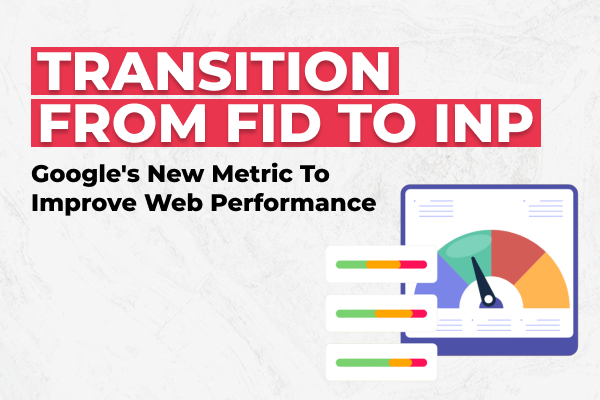In the ever-expanding digital landscape, businesses are increasingly venturing into global markets, necessitating the creation of multilingual websites to cater to diverse audiences. While these websites are essential for international outreach, they pose a unique challenge: the risk of duplicate content. Duplicate content can adversely affect a website’s search engine rankings, making it crucial for businesses to implement effective strategies for handling this issue. This comprehensive guide will study the difficulties of managing duplicate content in multilingual websites. As an SEO agency, we recognize the importance of a seamless and successful international SEO strategy.
Understanding Duplicate Content in Multilingual Websites
Duplicate content refers to identical or substantially identical content appearing on multiple pages within or across different websites. In the context of multilingual websites, this issue becomes more complex as content is replicated in various languages to serve diverse audiences. Search engines, like Google, aim to provide the most relevant and unique content to users, making it imperative for website owners to address duplicate content issues to maintain a robust online presence.
Common Causes of Duplicate Content in Multilingual Websites
- URL Structures: Inconsistent or poorly configured URL structures across language versions can result in search engines treating the same content as separate pages.
- Translation Tools: Automatic translation tools may produce content that is not linguistically accurate, leading to unintended duplication.
- Regional Targeting: Targeting specific regions with similar content can inadvertently create duplicate content issues.
Effective Strategies for Handling Duplicate Content
Implement Hreflang Tags: Hreflang tags are HTML tags that inform search engines about the language and regional targeting of a particular page. Proper implementation of hreflang tags helps search engines serve the right version of the content to users based on their language and location.
Use Canonical Tags: Canonical tags specify the right version of a page when multiple versions exist. By employing canonical tags, you guide search engines to index and rank the designated page, consolidating the SEO value and avoiding duplicate content penalties.
Create Unique Metadata for Each Language Version: Tailor metadata, including titles and meta descriptions, for each language version of the content. This not only enhances user experience but also signals to the search engine crawlers that the content is distinct and relevant to specific language audiences.
Leverage Webmaster Tools: Utilize search engine webmaster tools, such as Google Search Console, to identify and address duplicate content issues. These tools offer insights into indexing errors, allowing you to rectify duplicate content concerns promptly.
Manually Review and Edit Content: While automated translation tools are convenient, manually reviewing and editing translated content ensures linguistic accuracy and helps avoid unintentional duplication. Invest in professional translation services to gain the quality and uniqueness of your content.
Benefits of Addressing Duplicate Content for International SEO
Improved Search Engine Rankings: By resolving duplicate content issues, your multilingual website will more likely receive favorable rankings on search engine results pages (SERPs). This, in turn, enhances visibility and drives organic traffic from diverse linguistic regions.
Enhanced User Experience: Implementing effective strategies for handling duplicate content contributes to a better user experience. Visitors are more likely to engage with your website when they find content that is relevant, accurate, and tailored to their language preferences.
Mitigation of SEO Penalties: Search engines penalize websites with duplicate content, impacting their overall SEO performance. Proactively addressing these issues prevents penalties and ensures sustained visibility in international search results.
SEO Expert Insights
Let’s delve deeper into the significance of addressing duplicate content in multilingual websites. Our SEO experts say, “Managing duplicate content is not just about appeasing search engines; it’s about delivering a consistent and unique experience to your international audience. Our experience shows that a meticulous approach to hreflang tags, canonicalization, and localized metadata can significantly boost a website’s performance in global search results.”
Conclusion
In international SEO, managing duplicate content in multilingual websites is a critical aspect of maintaining a robust online presence. By implementing strategies such as hreflang tags, canonical tags, and customized metadata, businesses can navigate the complexities of multilingual content without compromising search engine rankings. Investing time and resources in addressing duplicate content issues not only benefits SEO but also contributes to a positive user experience for a global audience.
Stay vigilant, stay unique, and propel your multilingual website to international SEO success.



















